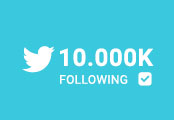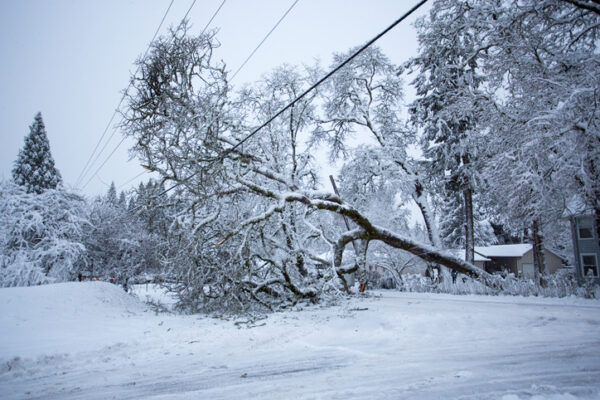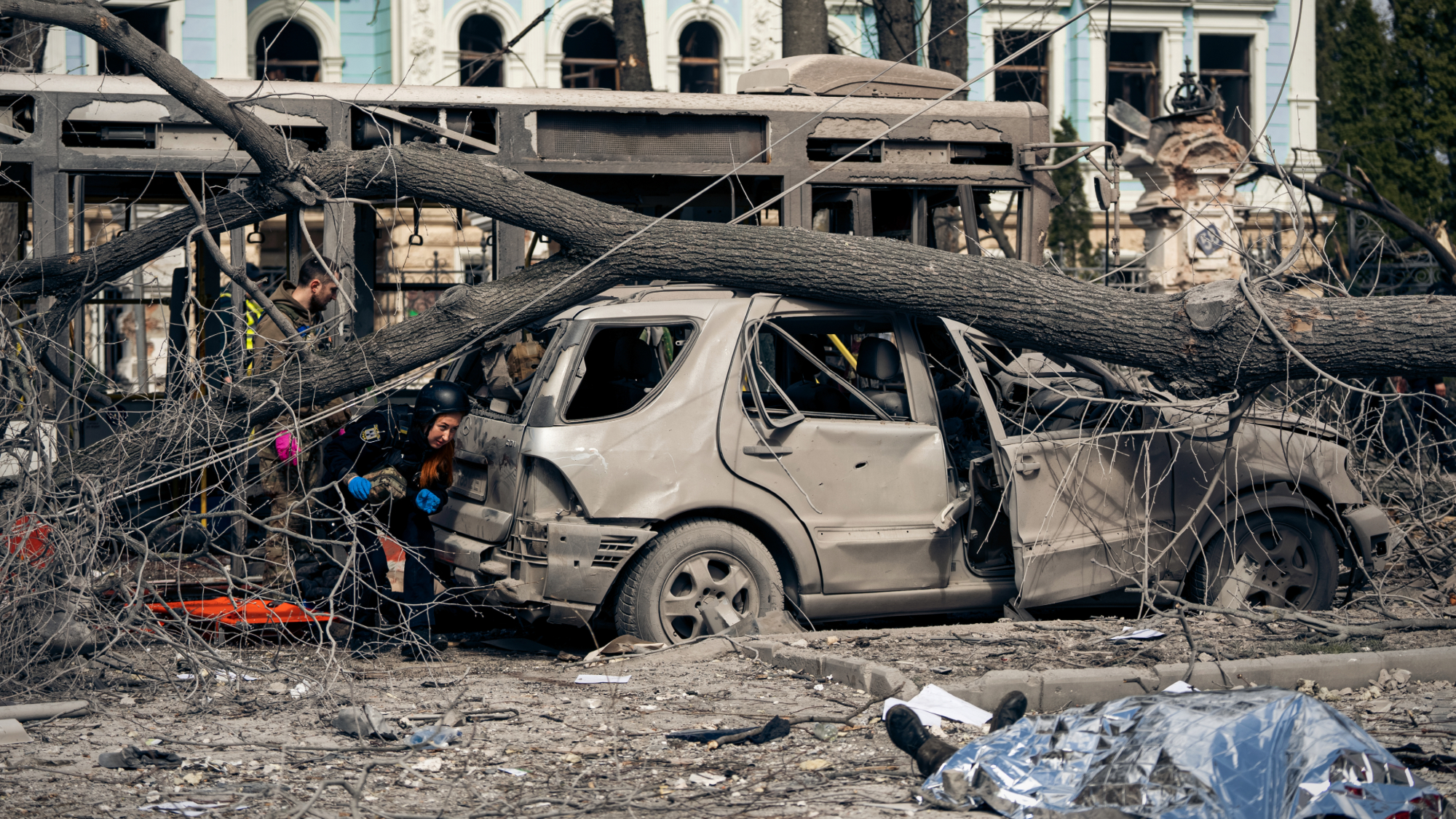Editor’s Note: After a shooting killed nine people at Emanuel AME Church in Charleston, South Carolina, educator Dr. Chad Williams wondered how he and other educators could make sense of the tragedy for students. He founded the hashtag #CharlestonSyllabus on Twitter, where educators came together online to offer teaching ideas, resources and support for each other. Williams explains why he and others rallied around the hashtag online in the aftermath of the shooting.
As a professional historian and college professor, I am expected to remain emotionally detached from the present. Personal feelings must be kept at bay, lest they affect my “objectivity” and fair judgement.
But in the aftermath of the June 17 massacre of nine black men and women by a white supremacist in Charleston, South Carolina’s historic Emanuel African Methodist Episcopal Church, my resolve was challenged like never before. I absorbed the news of the terrorist attack in stunned disbelief. As details unfolded about what took place, I wrestled with a range of raw emotions: sadness, grief, disgust, rage.
The sheer horror of the shooting initially filled me with hopelessness. In the following days, I felt alone at times in my anger and frustration. My mind eventually shifted to the historical significance of the Charleston shooting and how, as a teacher, I would have to inevitably grapple with this event in the classroom.
I grew increasingly frustrated by the lack of historical knowledge informing discussions about the tragedy in the media and amongst the general public. But then I recalled the #FergusonSyllabus, developed by Georgetown University professor Marcia Chatelain, that used Twitter to marshal resources for educators in the aftermath of the Mike Brown shooting and subsequent protests. Having used the #FergusonSyllabus in my own teaching, I thought perhaps a similarly crowd-sourced #CharlestonSyllabus would be a good idea.
I reached out to some of my colleagues on the evening of June 19. We started tweeting out suggested readings using the hashtag #CharlestonSyllabus. To my great surprise and pleasure, additional recommendations began pouring in. Within an hour, #CharlestonSyllabus was trending.
Just what is the #CharlestonSyllabus? Most simply, the #CharlestonSyllabus is a list of nearly 300 books, articles, novels, primary source documents, films, songs, children’s literature and educational websites that provide historical context for the Charleston shooting and the various issues related to it. University of Iowa professor Keisha Blain, with the assistance of a several librarians who generously volunteered their services, compiled the resource page, which is located on the website of the African American Intellectual History Society. Organized thematically, the readings cover issues such as the history of African Americans in South Carolina, slavery in the United States, the Civil War and Reconstruction, the Confederate flag, southern racial violence, the black church, and the civil rights movement. While by no means definitive, this list offers teachers, students and the general public an excellent introduction to African American history and the legacies of race in American society.
As a Twitter hashtag, #CharlestonSyllabus is also an exciting teaching tool. Compared to some seasoned veterans, I am a relative newcomer to Twitter. But I have witnessed its power to spark a new civil rights movement with #BlackLivesMatter, as well as advance innovative pedagogy with hashtags like #HipHopEd. Whenever I prepare a course syllabus, I always ask, “What are the best ways that I can connect with my students?” Given the significance of the Charleston massacre, it is imperative that we use every tool at our disposal to engage with students in the language they understand. A Twitter generation of students requires a Twitter-literate generation of teachers who can effectively translate this medium into the classroom.
The #CharlestonSyllabus is also a vibrant, diverse, socially conscious community of people. This was something I needed in the aftermath of the shooting. And as people from all over the world, from different backgrounds and professions, with varying levels of education and knowledge about race began using the hashtag, it became clear that #CharlestonSyllabus was more than a list of books.
“This is what I needed to help process & understand,” an appreciative woman tweeted. “#CharlestonSyllabus is one of the most positive and educational things I have seen in a very long time,” another person wrote. Historians, librarians, teachers at every grade level and thousands of other individuals committed to learning and true social change have come together around #CharlestonSyllabus. The results have been awe-inspiring.
Soon, other educators and I will begin to prepare our syllabi and lesson plans for the start of classes in the fall. How will we talk about the Charleston shooting and its aftermath? Hopefully the #CharlestonSyllabus will make answering this question a little less daunting and make our work even more fulfilling.
Dr. Chad Williams is associate professor and chair of the African and Afro-American Studies Department at Brandeis University.
Popular News




Current News
Manufacturing

Collaboratively administrate empowered markets via plug-and-play networks. Dynamically procrastinate B2C users after installed base benefits. Dramatically visualize customer directed convergence without
Collaboratively administrate empowered markets via plug-and-play networks. Dynamically procrastinate B2C users after installed base benefits. Dramatically visualize customer directed convergence without revolutionary ROI.





About Us
Tech Photos
























